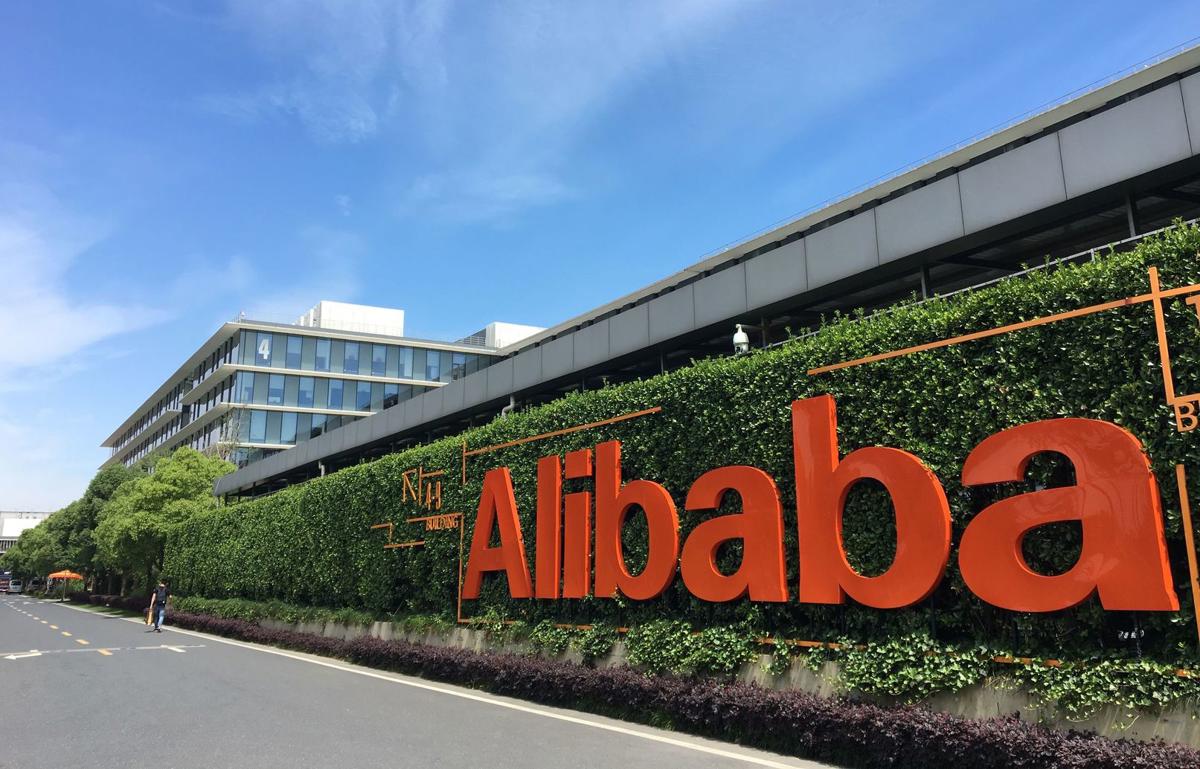
Starting June 1st, 2023 Our warehouse fee will be $0.65/cubic foot per month
In effort to lower the warehouse storage fee during inflation, we have went narrow aisle racking.This construction took us four months but the project is finally completed. With narrow aisle racking, we are able to drop storage by 24%.We as partners will go through this inflation together.
02/21/2023

JD.com, Inc. (NASDAQ: JD) plans to launch a subsidy campaign against PDD Holdings, Inc. (NASDAQ: PDD) in the amount of 10 billion yuan ($1.5 billion) at the beginning of March. This move is being made to compete with the discount shopping app PDD Holdings, Inc. (NASDAQ: PDD).
According to SCMP, the cash will go toward both the online businesses owned and operated by JD.com as well as those owned and operated by third parties on its platform. According to an article that was published in December by the Wall Street Journal, Richard Liu Qiangdong, the founder of JD.com, was critical of his senior management for forsaking a low-price approach and making other strategic mistakes. According to what Liu stated in an internal email, the foundation of our business would be shaken if we lost our reputation for offering low prices. He followed by stating that "cheap prices were the most critical weapons that led to our success in the past, and they will continue to be vital in the future."
PDD's multibillion-yuan subsidy scheme was first introduced in the middle of 2019, and it has helped the latecomer establish a strong foothold in China's smaller towns, where customers are more price-conscious. This is due to the fact that customers in these areas are more likely to shop around for the best deal. The share prices of Chinese companies such as JD.com, PDD, and Alibaba Group Holding Limited (NYSE: BABA) all dropped by between 3 and 8 percent.
According to Zhuang Shuai, founder and chief analyst of Bailian, JD.com does not have a distribution network that is as broad as Pinduoduo's in secondary and tertiary cities and towns, despite the fact that JD.com has a major presence in first-tier cities. Zhuang Shuai asserts this. At a time when growth in China's e-commerce industry has slowed down, he cautioned that low-cost pricing is a double-edged sword that might lead to pricey disputes and red balance sheets. As far as we can tell, Pinduoduo "made huge losses" in its first phases of operation.
According to Bloomberg, a price war begun by JD.com has the potential to kick off a period of hyper-competition in the business, which may result in a decrease in earnings. This action may signal that JD.com is succumbing to Pinduoduo's pressure on its market share, as stated by Vey-Sern Ling, the managing director of Union Bancaire Privee. This is "poor news for the e-commerce industry as a whole, including Alibaba Group Holding Ltd.," according to Ling (NYSE: BABA). The approach taken by JD.com, on the other hand, illustrates that great logistical skills were not enough to resist competition from more recent competitors who were more agile. Shares of BABA slid 3.11 percent in premarket trading on Tuesday, and the company's stock finally settled at $96.90 a share. Both JD and PDD saw significant drops in their share prices, with JD falling 8.53 percent to $48.50 and PDD falling 4.73 percent to $80.00.

Hot News
08/05/2024

Hot News
02/23/2023

Hot News
02/23/2023

Hot News
02/06/2023
Hot News
02/07/2023